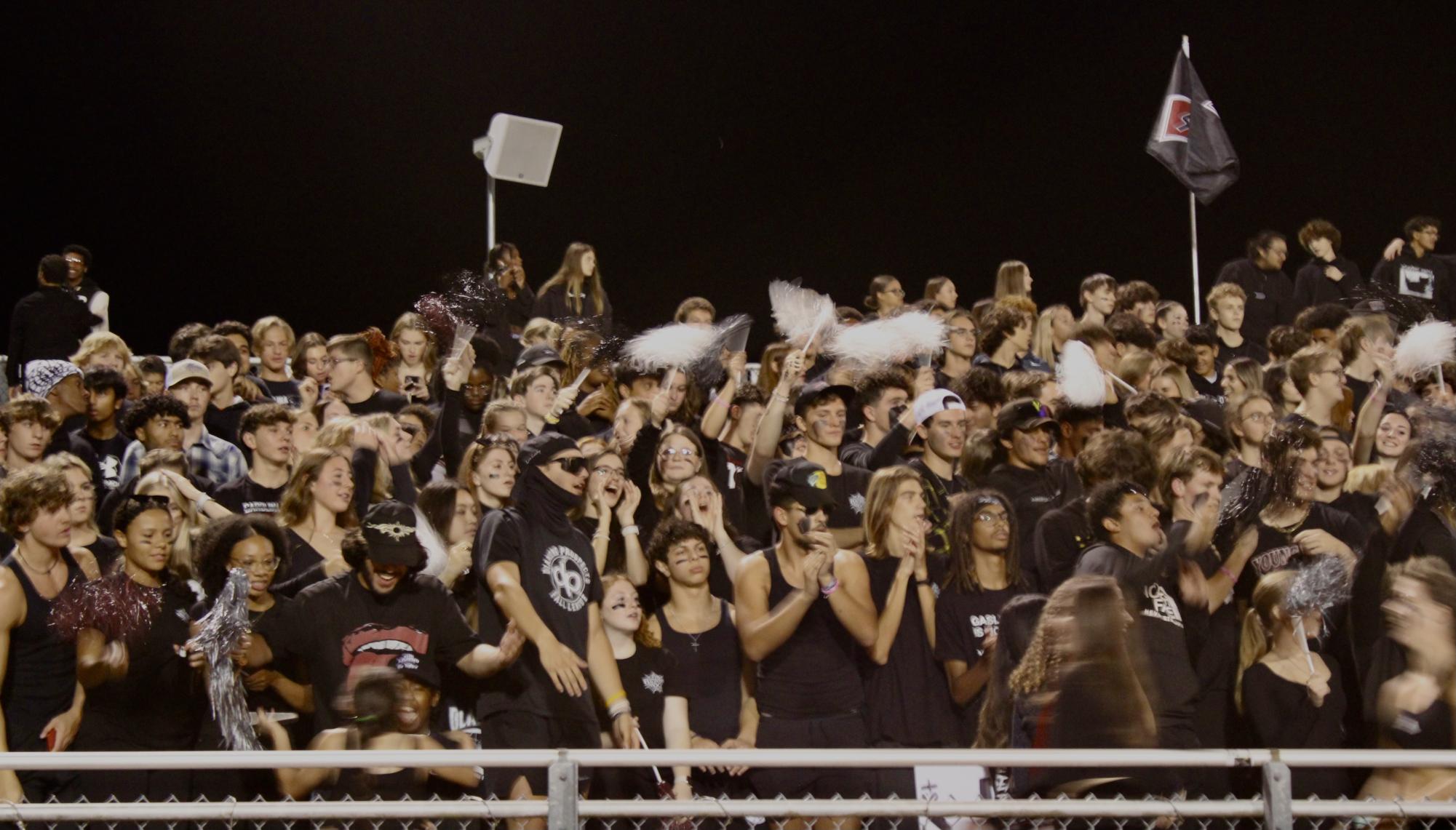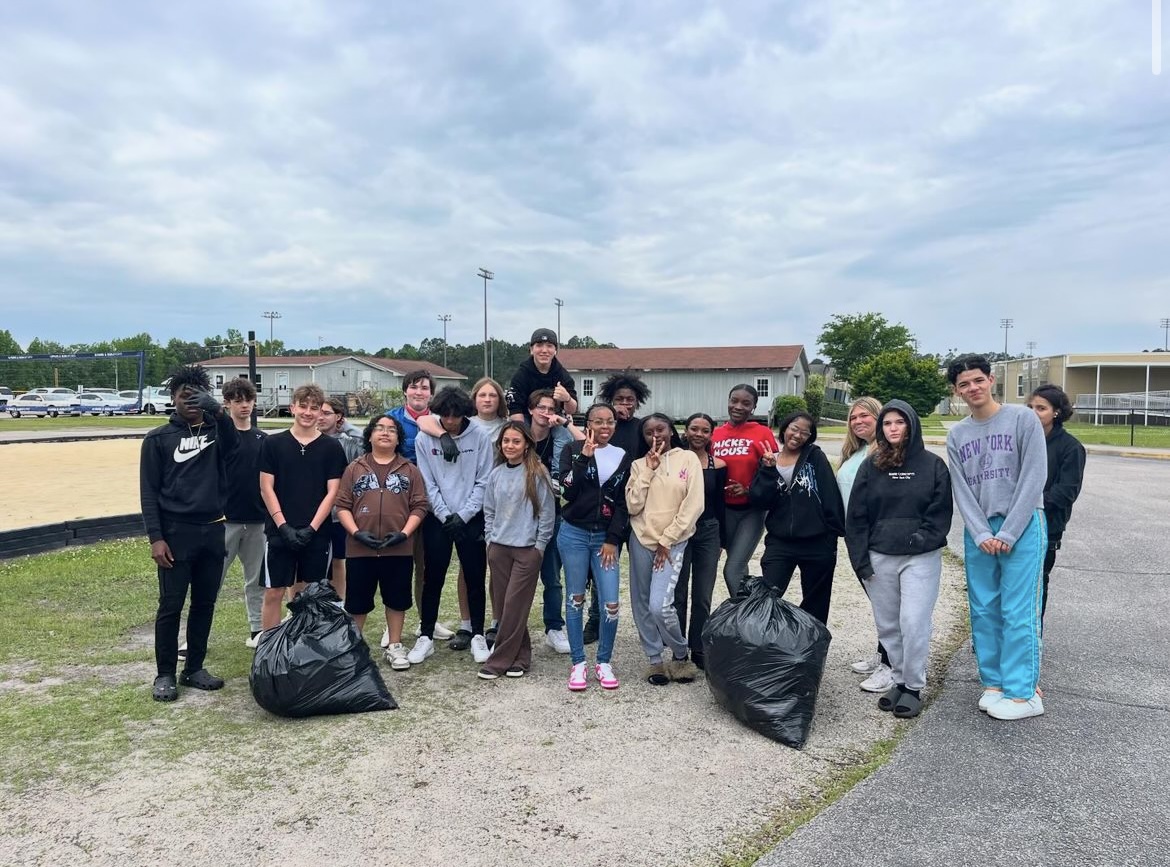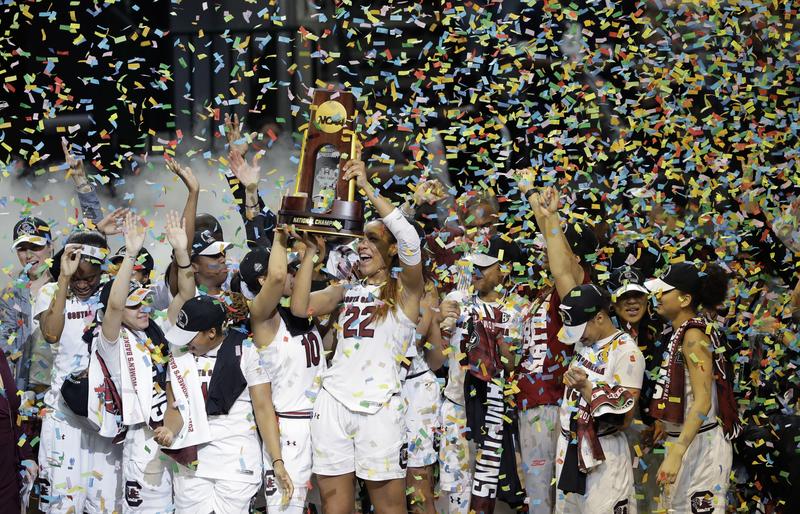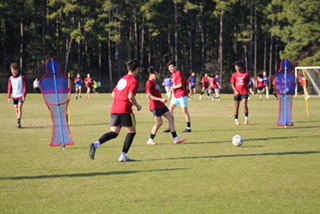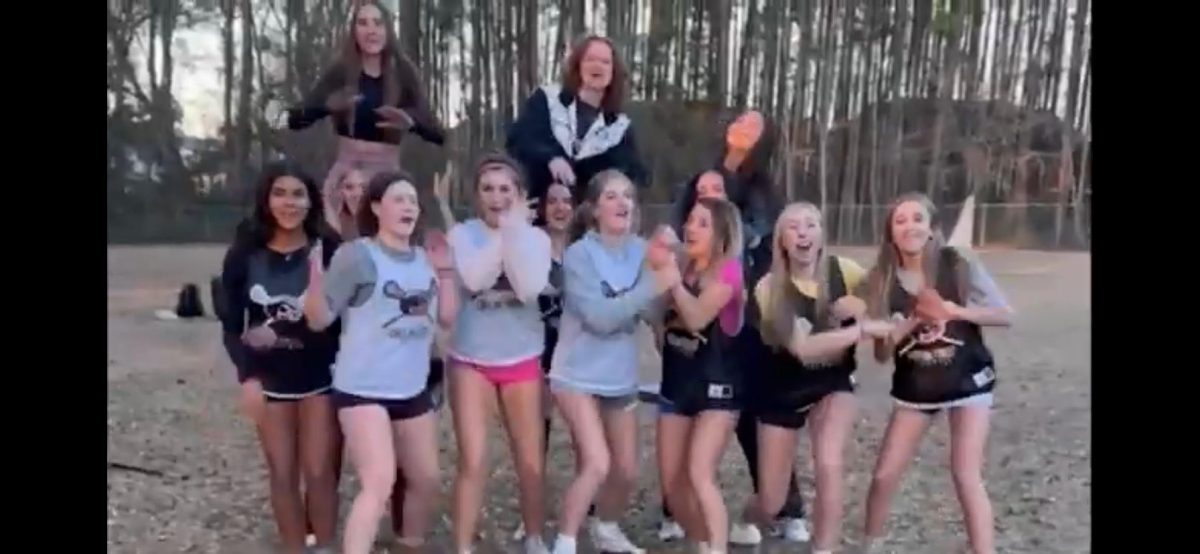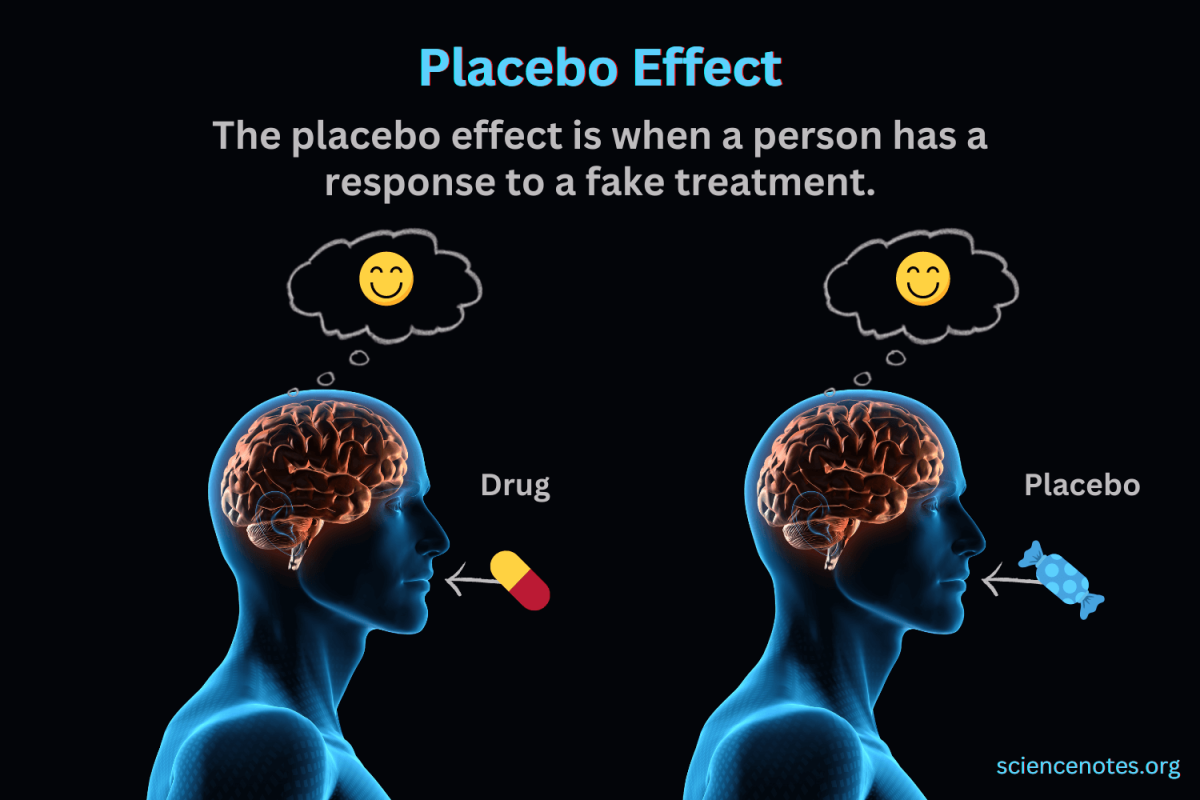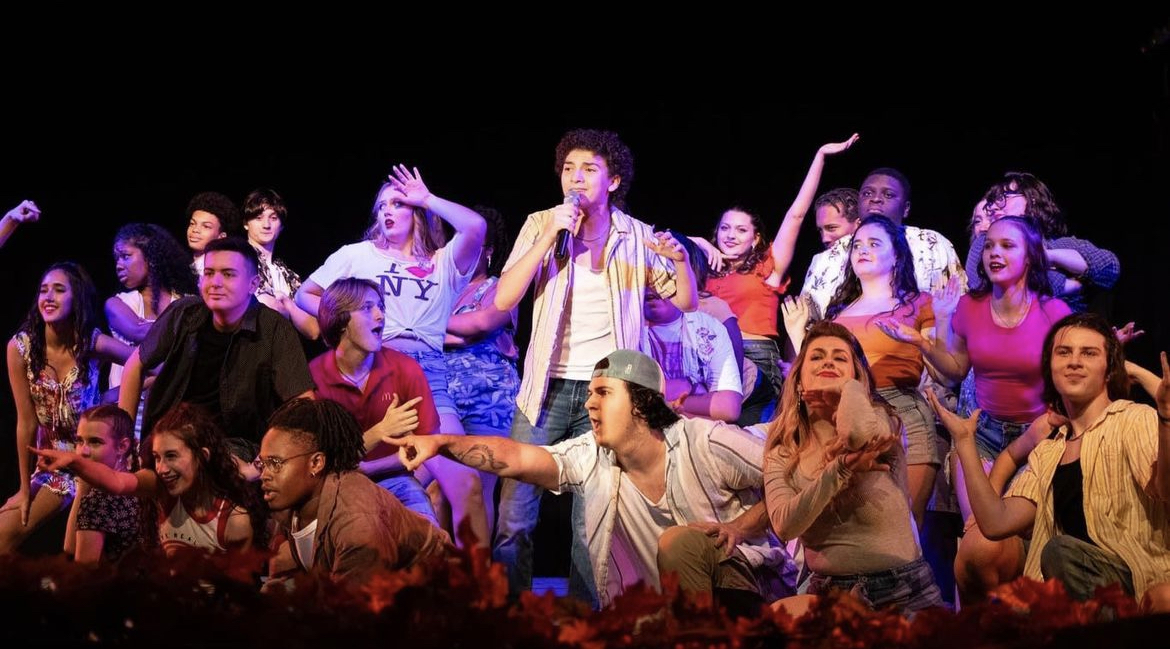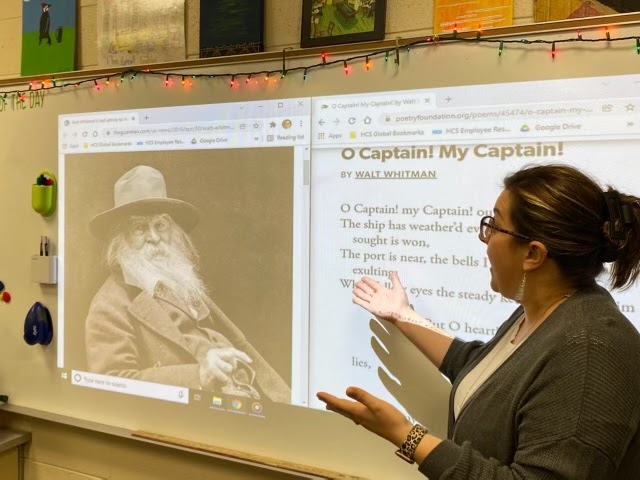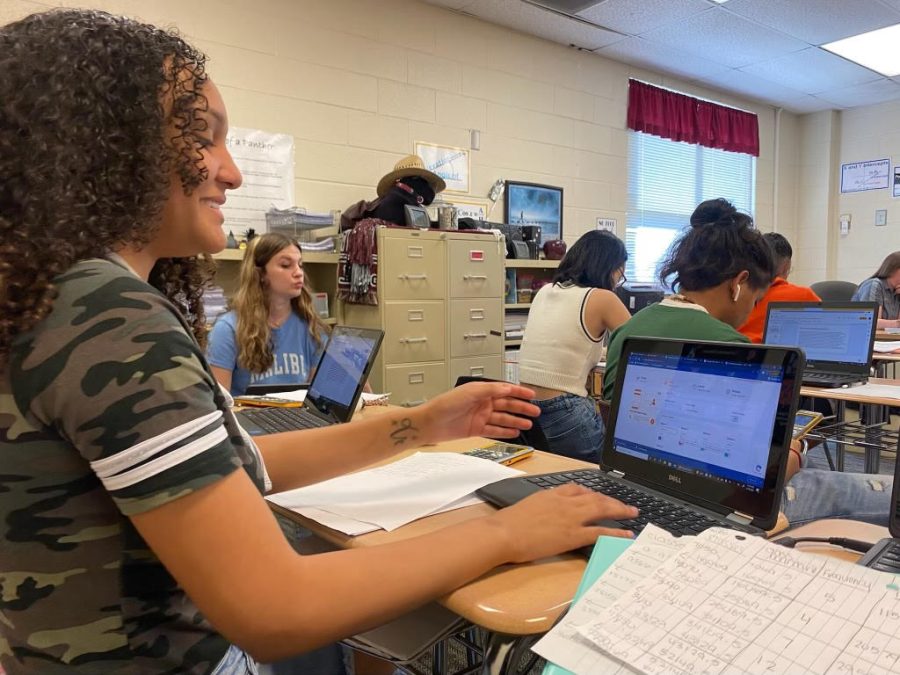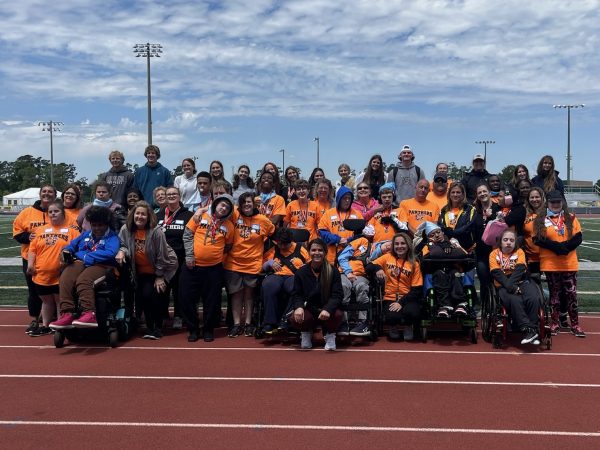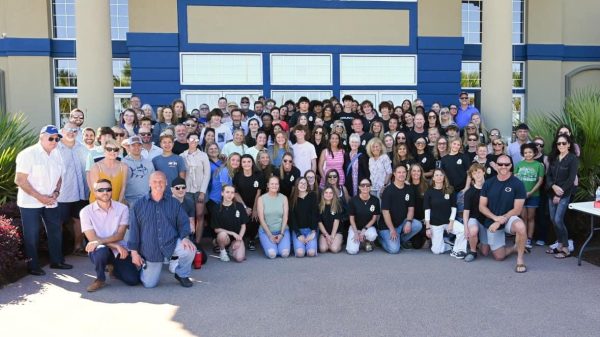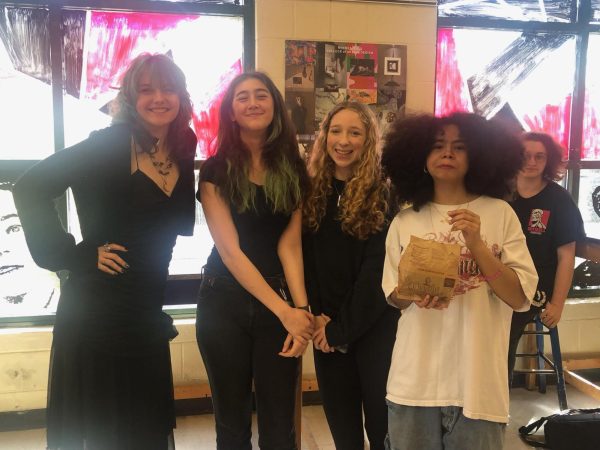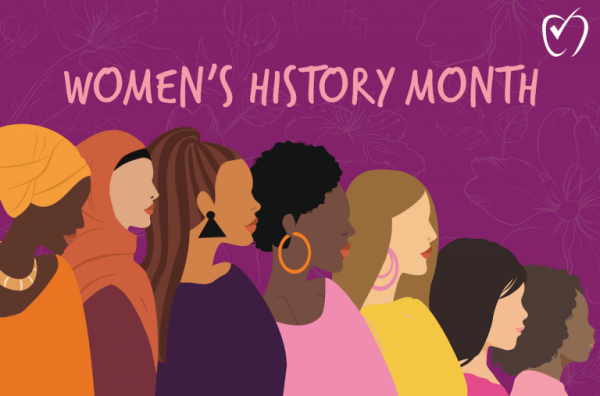Education 2.0: Post-Covid
May 4, 2022
COVID-19 has been hard on everyone. With the sudden change of lifestyle, it’s been difficult to adjust to new methods of learning and education. For some, it hasn’t been too much of a challenge to switch to virtual or hybrid learning, but for most, it has taken a dramatic toll on their academic performance and motivation.
The change to virtual school was universally shunned, and rightfully so. Students have felt the impact of the virus through the extreme decline in grades and mental wellness. With no accountability or real interaction, students felt no reason to do schoolwork, resulting in a severe drop of almost everyone’s grades.
Face-to-face interaction with teachers is essential to learning. It gives students a special type of connection with their educators that simply cannot be replicated through a screen. Students were not able to ask questions or discuss material, therefore, destroying any motivation to complete work.
Junior Meadow Myers said, “It didn’t feel like actual school; it felt like it was optional.”
With COVID came social distancing, which put a major hold on people’s social lives. Students didn’t get to see friends outside of school, and the virtual schooling ensured that they wouldn’t get to see each other at all. Students didn’t get the same social interaction as they did before the pandemic. Socialization is a necessary part of school, and since students weren’t able to interact with their friends, mental health became a major issue.
“I went from always being around my friends to being in my room all the time doing the same thing every day, and it was really stressful,” commented Casey Brooks, a sophomore here at Carolina Forest High.
Algebra teacher Megan Spires also felt that the socialization aspect suffered.
“I honestly don’t feel students have benefited in any way from being locked down during the pandemic. Not only did they fall behind academically, but their social and emotional well-being was negatively impacted,” Spires added.
While the arduous years during lockdown produced many stressful obstacles, it did have somewhat of a positive side. For one, students had the opportunity to work at their own pace instead of being required to get everything done at the same time as the rest of their peers. Additionally, attendance didn’t count and state testing was halted, taking off that much pressure from students. On some levels, expectations were also lowered due to the abnormal learning conditions.
“It was nice not having to worry about grades or attendance, since I was already having to deal with so much,” shared Audrey Maslanka, a freshman at The Forest.
Students have had to adjust to completely different methods of learning and living while also figuring out new ways to balance school and social life. While it’s been difficult, we have all learned so much from the lockdown. It’s important to be grateful for anything we may have gained from quarantine.
